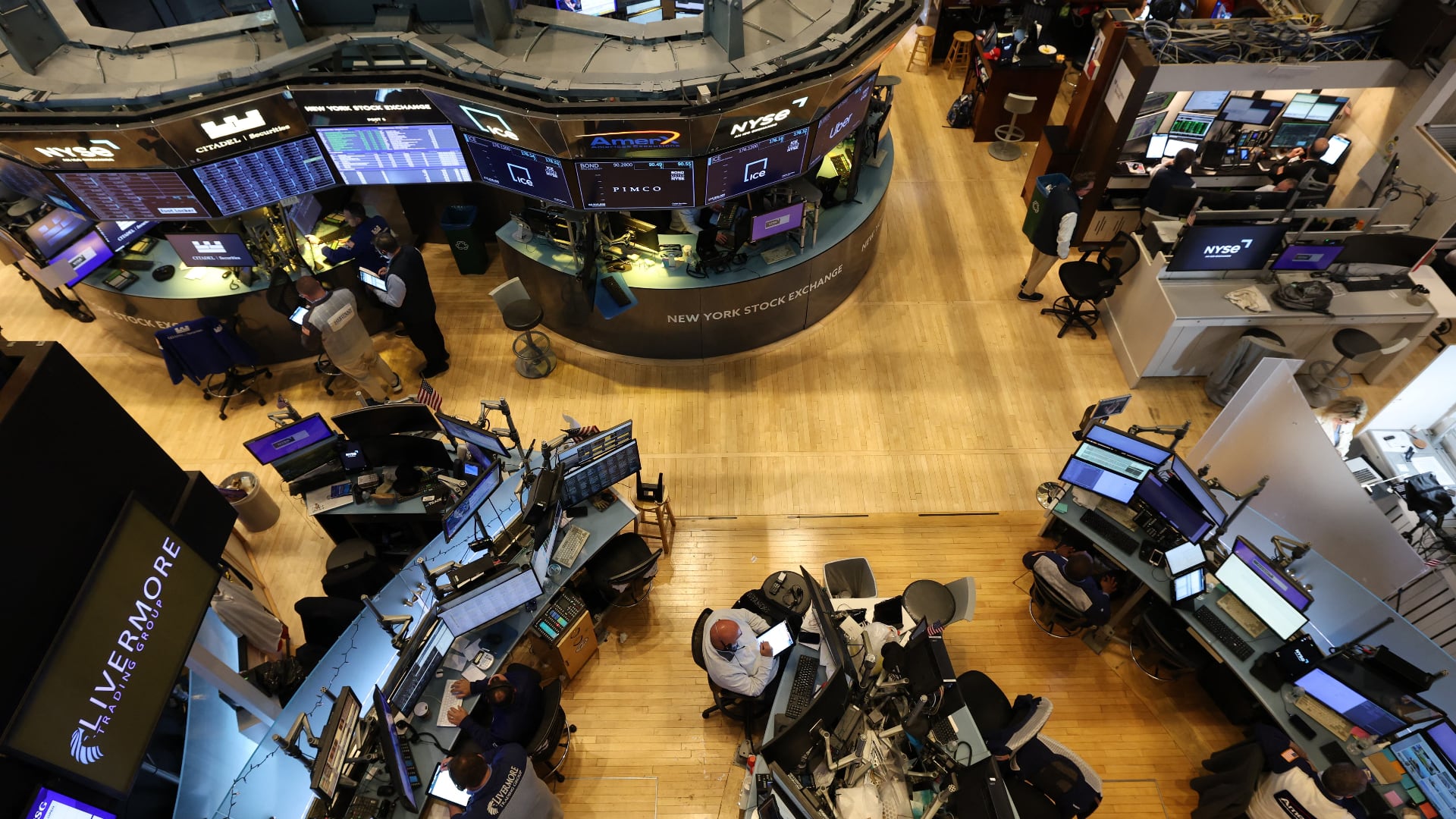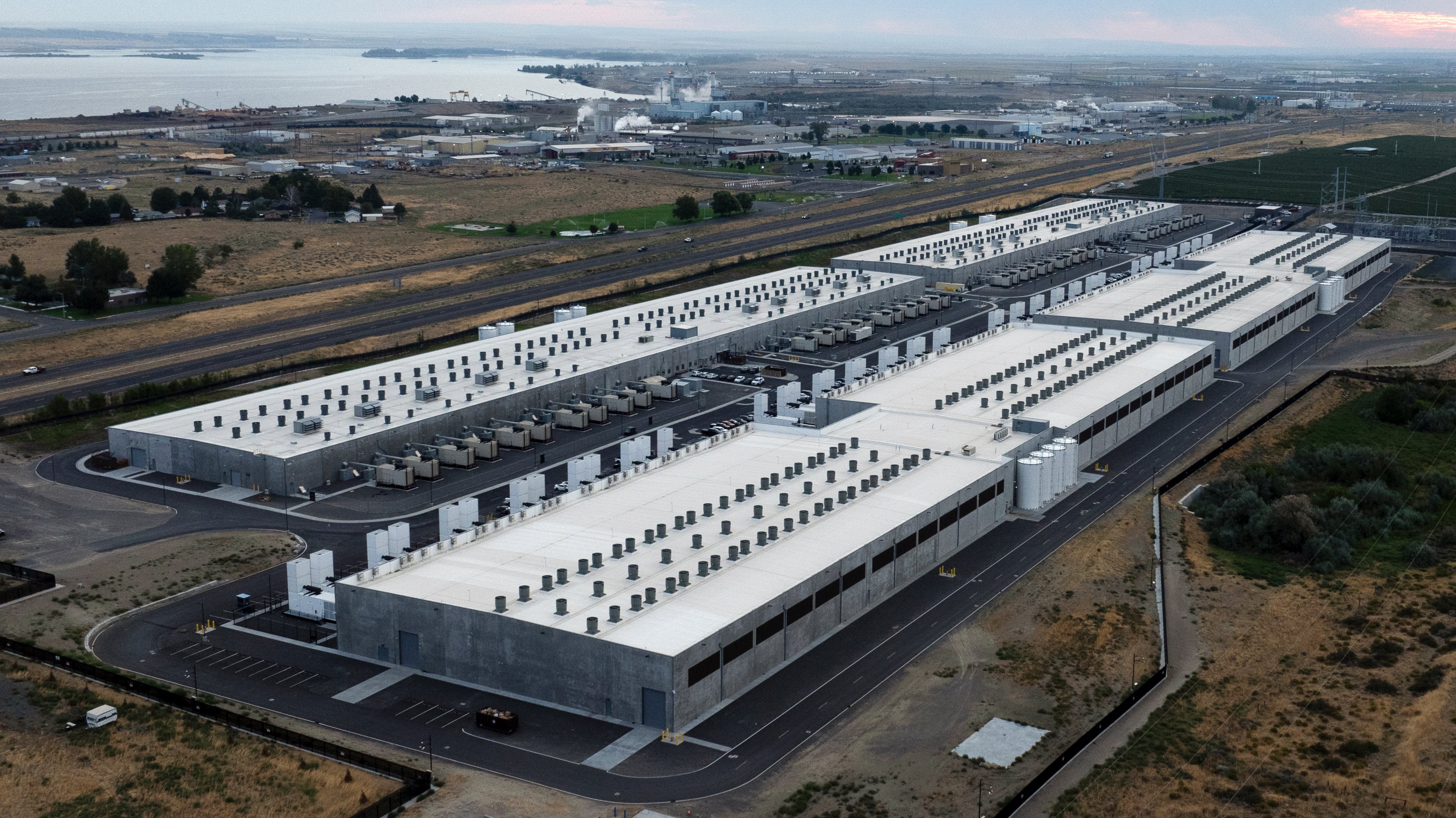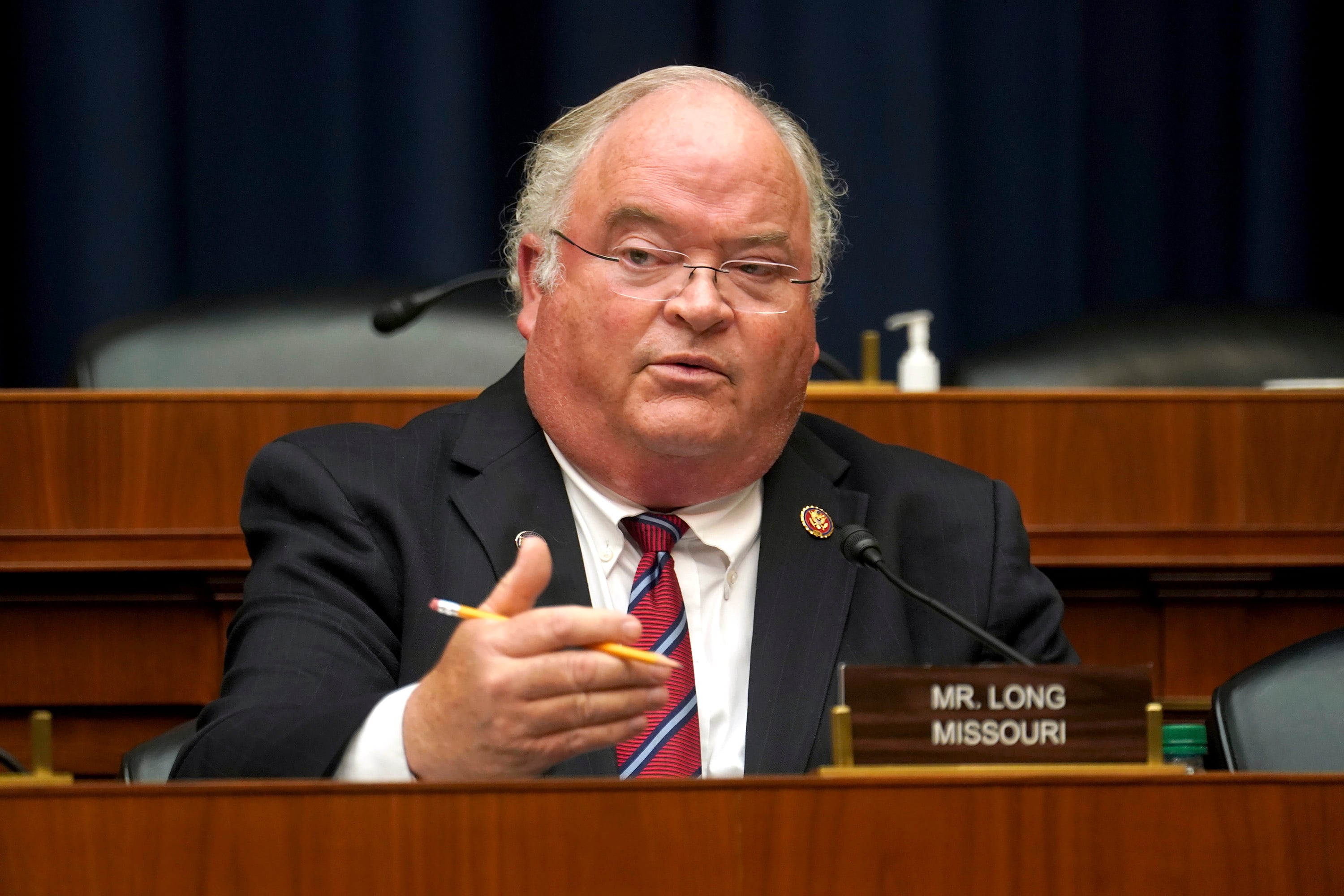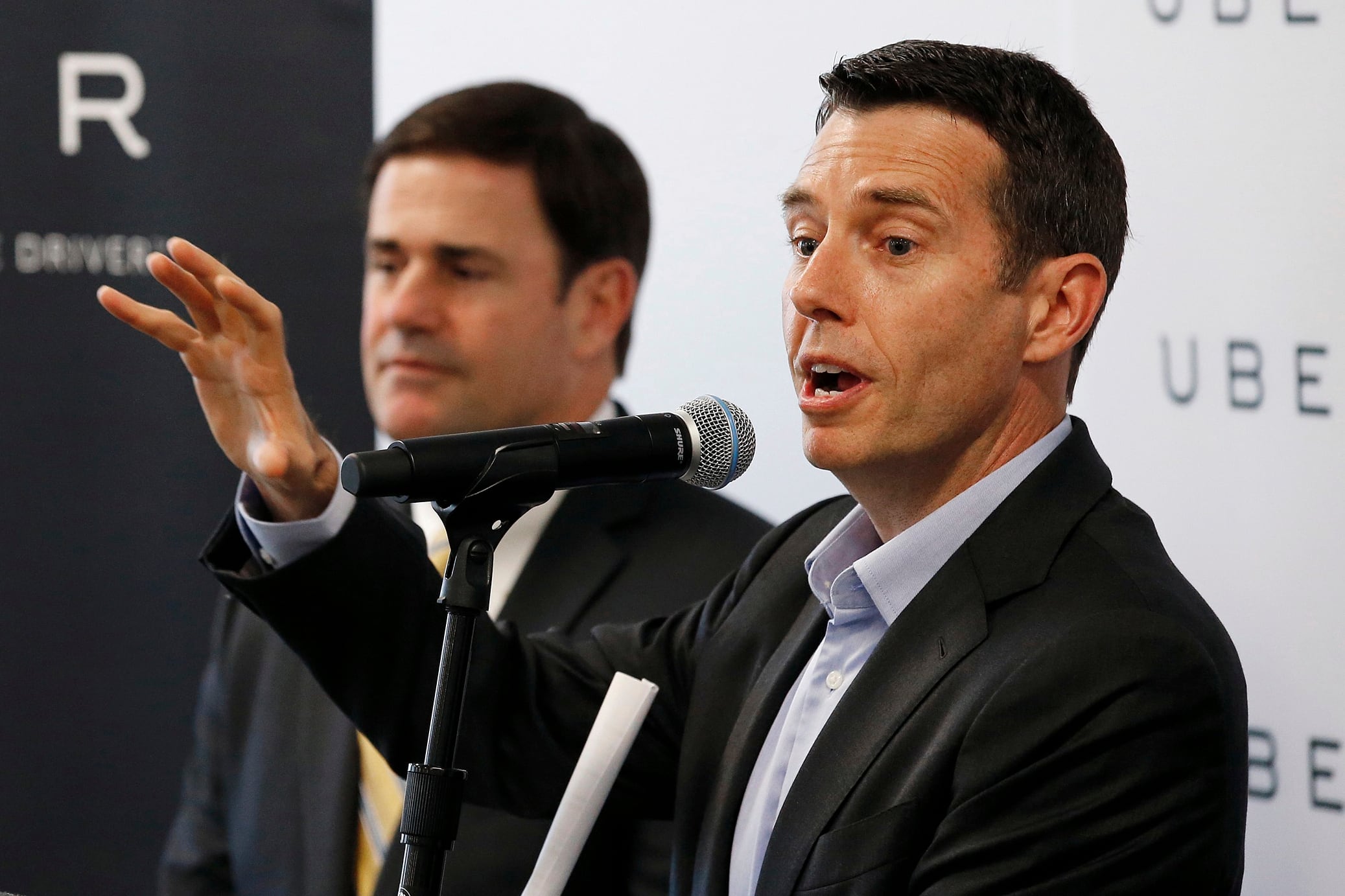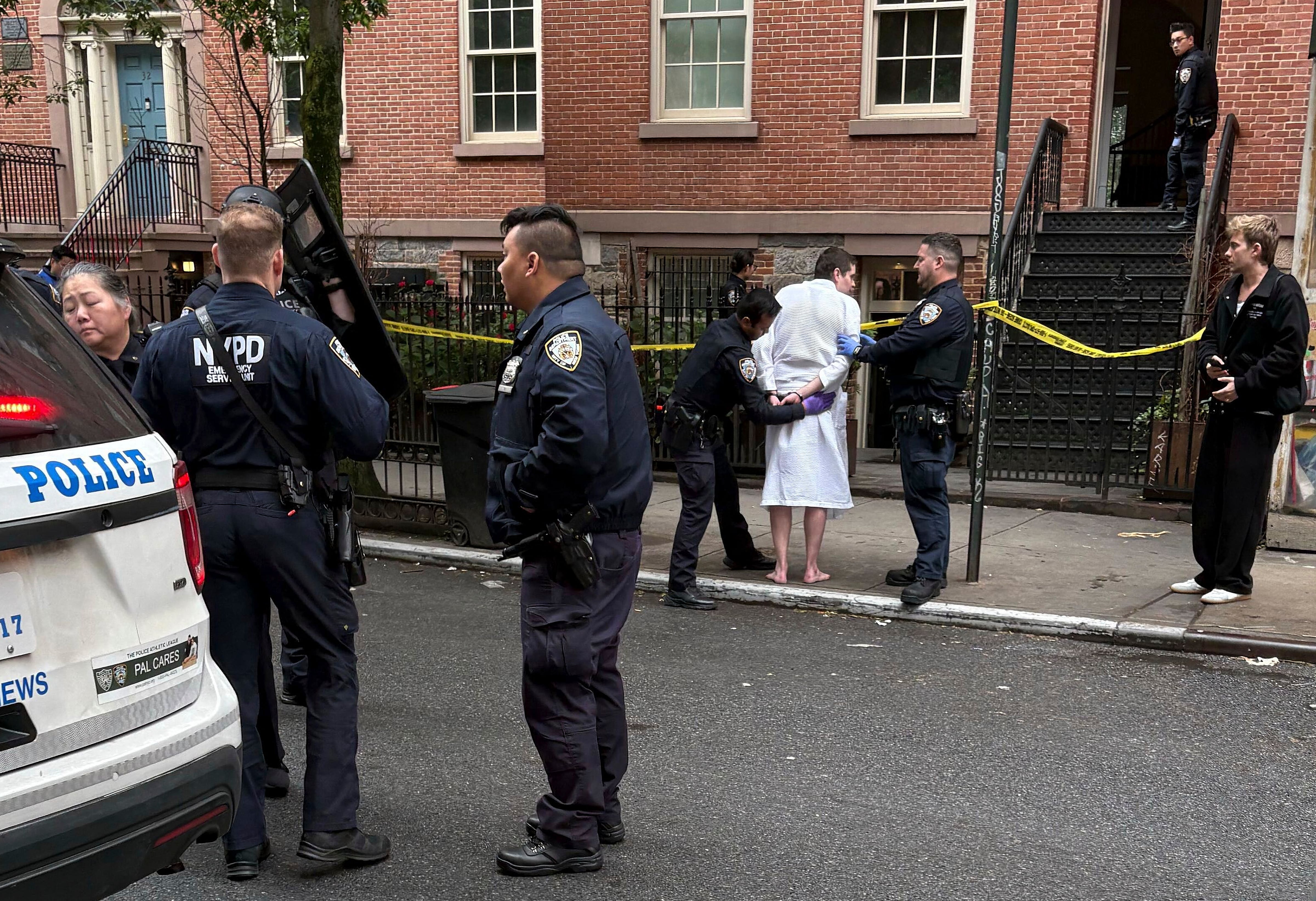The volatility in cryptocurrencies has made even seasoned investors do a double-take. But for Ethereum co-founder Joseph Lubin, those fluctuations are just the natural consequence of people starting to understand how profoundly the decentralized platform will change information technology. “We’re moving from a world in which we’re constrained by the database technology...to a world in which we can gather different groups and sectors and industries...to build shared infrastructure,” Lubin said in an interview with Cheddar at SXSW. “That’s a profound idea...When people see that, the general fear/greed dynamics of humans start to kick in, and we tend to overshoot price and oscillate for a while until we settle at a reasonable price.” To Lubin, though, the volatility isn’t necessarily a bad thing. The sudden uptick in prices for cryptocurrencies “drew entrepreneurs and technologists, security auditors, and value and money into our ecosystem,” he said. Lubin compares this rush to the dotcom era. “When you throw a ton of value like that into an ecosystem, you give the fuel on which to build foundational elements.” Last year, investors jumping into the space drove up prices for tokens like Bitcoin to a peak of around $20,000. Since then, concerns over regulation have brought it back down to around $9,000. Ethereum, the second largest cryptocurrency by market cap, saw a similar rise and fall. But Lubin took issue with calling that a “crash”, pointing out that the coin started 2017 at under $9, and that the recent correction may have been more of a reversion to the mean. For the full interview, [click here](https://cheddar.com/videos/consensys-and-the-ethereum-project).
